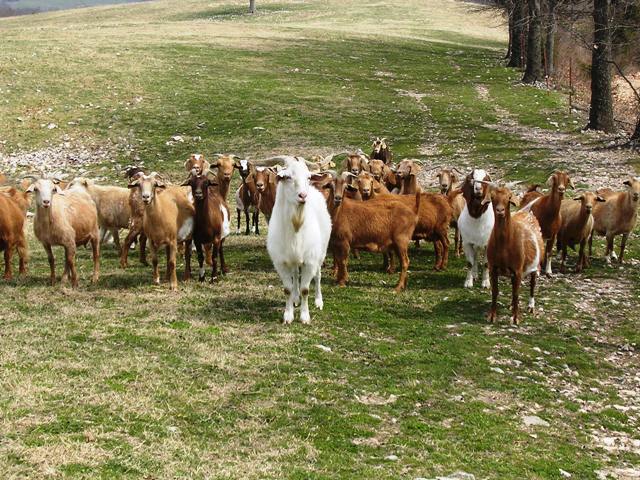In an attempt to curb the spread of livestock diseases across the country, the federal government of Nigeria plans to re-introduce policy mandating the registration of cattle, sheep, goats and other ruminant animals arriving from neighboring countries.
Minister of Agriculture Alhaji Sabo Nanono made this known in Abuja at the inauguration of the Nigerian Veterinary Council’s new governing council, which occurred five years after the previous one was disbanded
The policy’s reintroduction comes after a 60-year suspension for easy tracking of the movement of cattle, sheep and goats across Nigeria and its neighboring countries.
Cattle Colonies: No Plans to Reallocate Community Lands to Herdsmen—FG
Nanono urged veterinarians to be more proactive in responding to the problem of foot and mouth disease, which is more endemic from October through March when livestock move from north to south .
He emphasized the seriousness of the problem, inciting veterinarians to take more responsibility in limiting harm to livestock, and advising them to start thinking of how to key into the developments that are coming into the sector.
He further disclosed that the ministry was currently in the process of presenting a funding request to the Federal Executive Council to tackle pests and disease across the country, saying that as soon as they received approval they would immediately swing into action to contain these diseases.
$95 Million Ruga Settlement Project Unveiled in Kano
The Veterinary Council’s newly elected president, Dr. Aishatu Abubakar, said that she would ensure that all of the issues affecting animal health in the country were dealt with.
She noted that the council was made up of highly professional veterinarians, with a passion for the profession; and asserted they would do the right thing by regulating the industry and training high-quality professionals who could compete favorably on an international stage.



